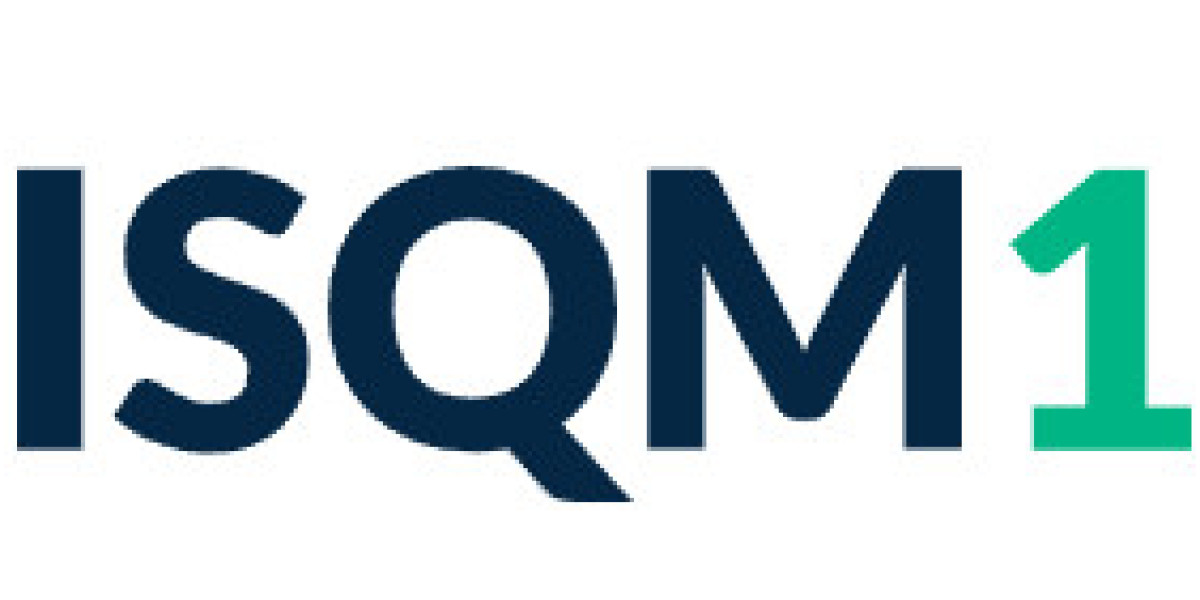The International Auditing and Assurance Standards Board (IAASB) continually strives to uphold the integrity and reliability of audit practices worldwide. In this pursuit, the IAASB introduced the International Standard on Quality Management (ISQM) 1. This standard, released in December 2020, signifies a pivotal shift in the approach to quality management within auditing firms.
ISQM 1, titled "Quality Management for Firms that Perform Audits or Reviews of Financial Statements, or Other Assurance or Related Services Engagements," sets out principles and requirements for establishing a robust quality management system. Its overarching aim is to enhance the quality and effectiveness of audits, reviews, and other assurance engagements.
Central to ISQM 1 is the recognition of the multifaceted nature of quality in auditing. It emphasizes a holistic approach that encompasses not only technical competence but also factors such as ethical behavior, professional skepticism, and firm culture. By doing so, ISQM 1 promotes a culture of quality throughout the entire audit process, from planning to reporting.
One of the key features of ISQM 1 is its focus on risk-based quality management. This entails identifying and assessing risks that may impact the quality of engagements and implementing appropriate responses to mitigate these risks. By integrating risk assessment into the quality management process, auditing firms can allocate resources more effectively and address potential issues proactively.
Moreover, ISQM 1 emphasizes the importance of leadership and accountability within auditing firms. Firm leadership is tasked with establishing a culture that prioritizes quality and providing the necessary resources and support to achieve this goal. Additionally, there is a clear emphasis on accountability at all levels, ensuring that each member of the firm takes responsibility for upholding quality standards.
The implementation of ISQM 1 presents both challenges and opportunities for auditing firms. While complying with the standard may require significant investment in terms of resources and training, it also provides an opportunity to enhance reputation and client trust. Furthermore, by embedding a culture of quality into their operations, firms can improve efficiency and effectiveness in the long run.
In conclusion, ISQM 1 represents a significant step forward in the quest to enhance quality management in auditing. By embracing principles of risk-based quality management and promoting a culture of accountability, auditing firms can uphold the highest standards of professionalism and integrity, ultimately benefiting both clients and the public interest.








